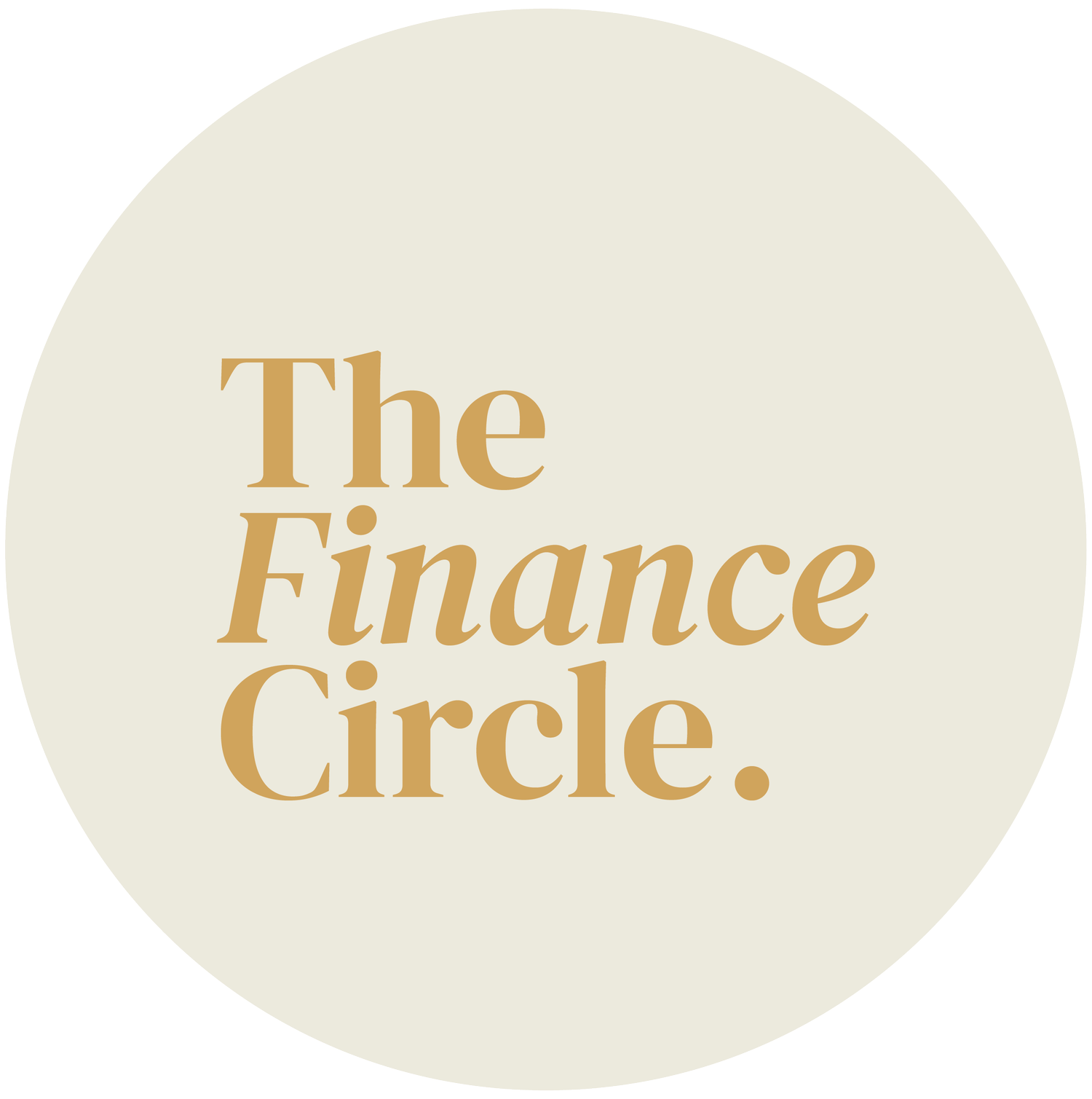Variable vs Fixed Home Loan: What’s right for you?
Variable vs fixed rate home loans, what are the differences?
We have highlighted the advantages and disadvantages of each loan type, so you can make an informed decision.
Variable Home Loans
Variable home loans offer more flexibility but less certainty. If the Reserve Bank announces a rate cut, it’s likely your repayments will decrease. If rates increase, however, your repayments go up too and you could find yourself having trouble making repayments.
With a variable loan, you’re able to make extra payments at any time which means you could pay off your loan much sooner and save yourself a sizeable amount of money.
Fixed Home Loans
In a nutshell, fixed rates provide certainty. The rate you get is fixed for an agreed loan term – usually between one and five years – and throughout this term the rate will not change. That makes it easier for you to budget each month as you know in advance what your repayments are going to be. And if rates rise, your repayments stay the same.
On the flipside, if interest rates fall, you lose out because you’re locked in until the end of your term. And because fixed loans are less flexible, you usually aren’t able to make any extra payments into your loan, or the extra amount you can pay back is often capped at a low amount. The other consideration with this type of loan is that if you do decide to change to a different loan before the fixed term expires, you may be charged exit fees.
How do I choose?
Choosing between a fixed or a variable home loan rate largely comes down to your financial situation, and how likely this will change over the next few years. If you’re unsure about your future financial situation, a variable interest rate is likely to be the best option, simply because it allows you more flexibility to make changes when you need to. Still unsure, we have compiled a list of advantages and disadvantages of each loan type.
Still unsure? Maybe a split loan is for you…
Splitting your loan into both a fixed rate and a variable rate means you cover yourself on both options. You have the flexibility and advantage of interest rate movement with a variable loan for part of your mortgage, combined with the security of locking in an interest rate and knowing how much you have to repay with the fixed portion of your home loan.
General Advice Warning: This communication contains general information only and in no way constitutes the provision of professional advice, nor should it be relied on as a substitute for financial, credit, accounting, legal or other professional advice. We have not taken into account your financial situation, investment objectives or particular needs. Before making an investment or financial decision, a person must seek appropriate independent professional advice and also consider whether this information is appropriate to their needs, objectives and circumstances.

